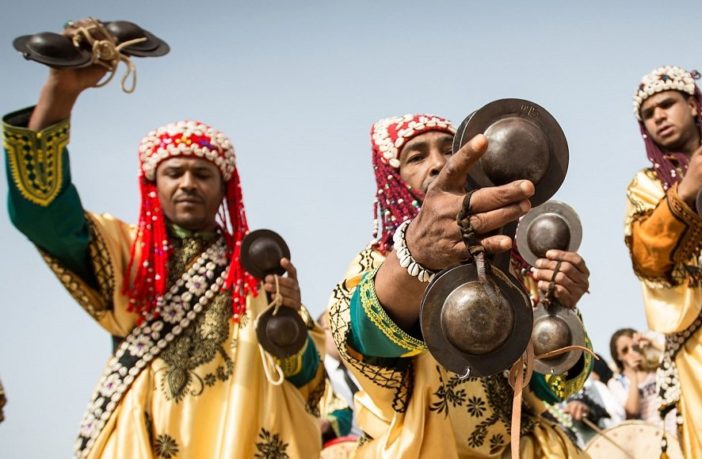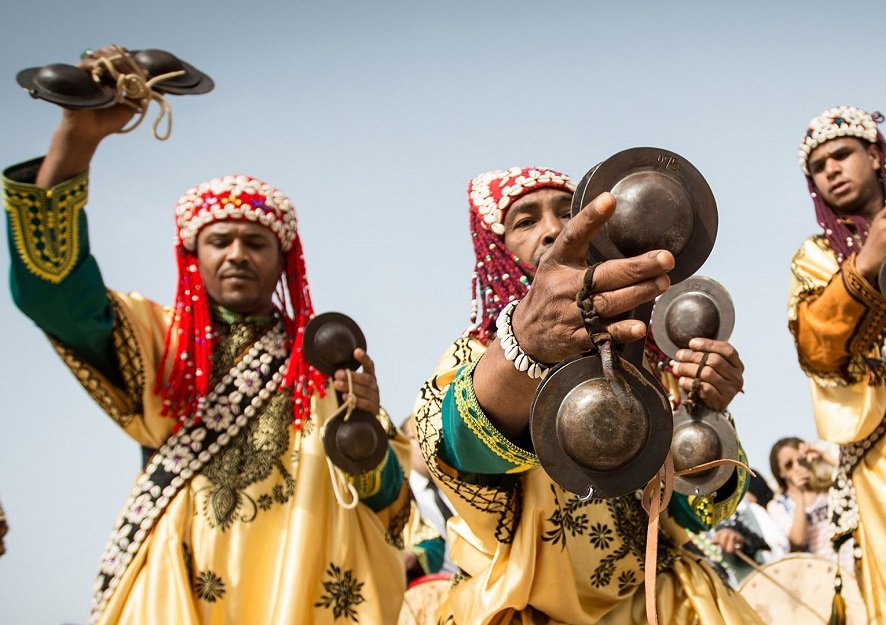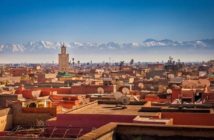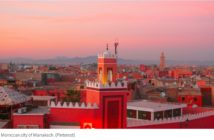Face to Face Africa
NII ASHALEY ASÉ ASHILEY | Staff Writer
“This music…is a fascinating combination of poetry, music and dancing. Its secret also lies in a religious and spiritual dimension which gives it a kind of therapeutic power…” – Anass Fassi Fehri.
The power of sound has since the days of old been acknowledged for its transformative and destructive power alike. The ancient Chinese used the power of sound to heal troubled minds. Shamans of ancient Afrikan cultures were also known to have used the power of sound from music and chants to enter into trance-like states where they harnessed super-human powers.
Gnawa is a term that bears in itself three distinct meanings…
MORE ABOUT THIS
Foremost, it represents a group of people who migrated from Black West Africa to present-day Morocco due to trade and slavery from about the 11th to the 13th century. The term Gnawa can thus mean in a historical context; ‘the black people’.
Secondly, Gnawa represents a religious and spiritual order followed by those who call themselves; Gnawa. It is a mystic order within the Islamic religious body that has retained its West African ancestral ties. Leaders and ardent followers of the Gnawa spiritual order believe in the existence of higher beings called ‘spirits’, and these spirits represent the souls of their ancestors who can be called upon for various reasons.
To add, Gnawa is a music genre now native to Morocco, especially the southern Moroccan city of Essaouira. It is a music that tells the Gnawa ancestral story of enslavement, migration and spirituality.
The Gnawa music genre has gained considerable popularity in Morocco and the world at large. The Gnawa Muallems (Gnawa Masters) along with their band of musicians are usually dressed in colourful costumes decorated with cowrie shells. Their musical instruments consist of three major instruments namely; the metallic castanets, the three-stringed bass lute also known traditionally as Guembri and the drum.

Image source: daily.bandcamp.com
These instruments accompany well-ordered vocal projections and chants which tend to follow a ‘call and response’ format. The ordered vocalization and chants, the response from bandmates, the story from the music, the blend of instruments and the passion with which a traditional Gnawa band plays their spiritual and soulful music creates an energy field that has a magnetic pull to it.
Persons who have experienced a Gnawa band in action testify to the hypnotic effect of the music. The Muallems boldly assert their ability to ‘hook’ a crowd to the power of the music they produce. The beat of the drum represents the heartbeat and the accompanying instruments draw in the listener’s focus to the drum’s beat.
Video credit: YouTube.
The Gnawa music heals persons afflicted with mental disorders and many other personal problems of emotional nature because the mysterious healing properties of the music tend to pull a troubled listener into its acoustic ambience where healing takes place.








